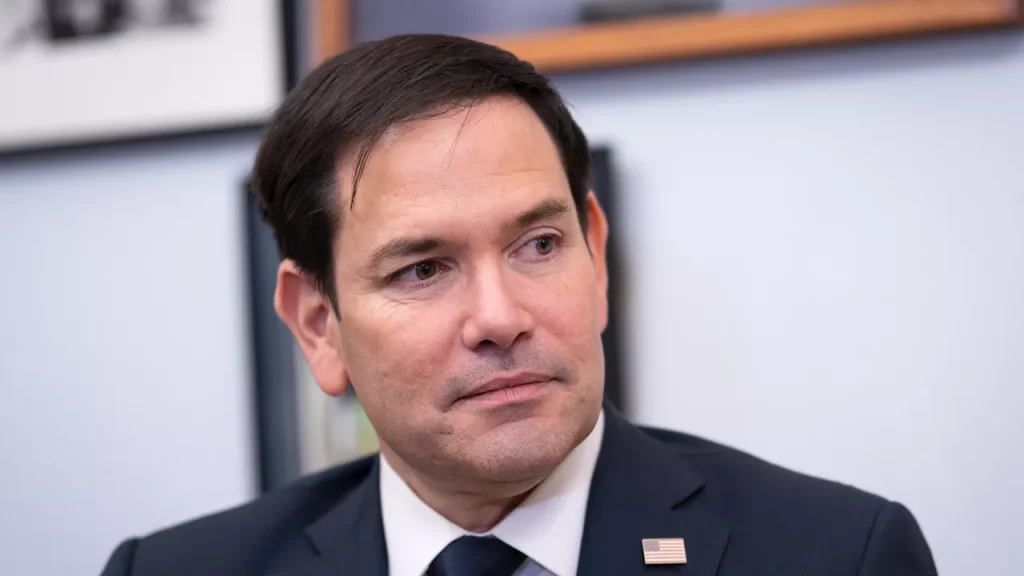Tensions between the United States and South Africa have intensified. US Secretary of State Marco Rubio has announced he will not attend the upcoming G20 meetings in Johannesburg, scheduled for February 20-21, due to South Africa’s controversial land expropriation law. This law permits land seizure without compensation under specific circumstances, aiming to address historical inequalities.
This decision comes after US President Donald Trump threatened to cut financial aid to South Africa over the law. South Africa currently holds the G20 presidency until November 2025, making the summit a significant event for the country.
Rubio has criticized South Africa for promoting “solidarity, equality, and sustainability” through the G20, linking these initiatives to diversity, equity, and inclusion (DEI) programs, and climate change policies—both of which he opposes. In a social media post, Rubio stated, “South Africa is doing very bad things. Expropriating private property. Using G20 to promote ‘solidarity, equality, & sustainability.’ In other words: DEI and climate change. My job is to advance America’s national interests, not waste taxpayer money or coddle anti-Americanism.”
This dispute highlights deeper geopolitical tensions and differing perspectives on property rights and social justice between the two countries. As a result, South Africa’s leadership role in the G20 faces increased scrutiny amid these diplomatic challenges.


